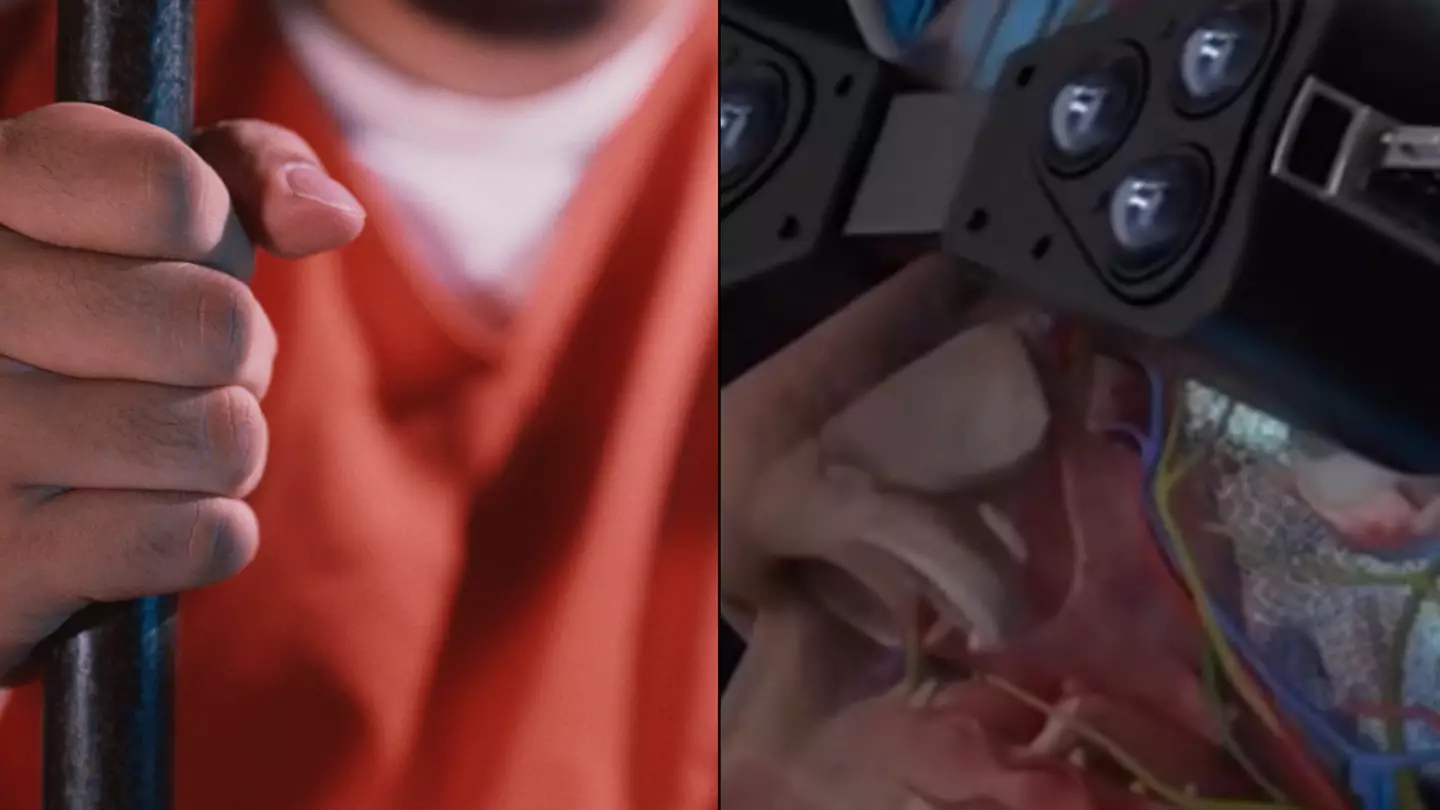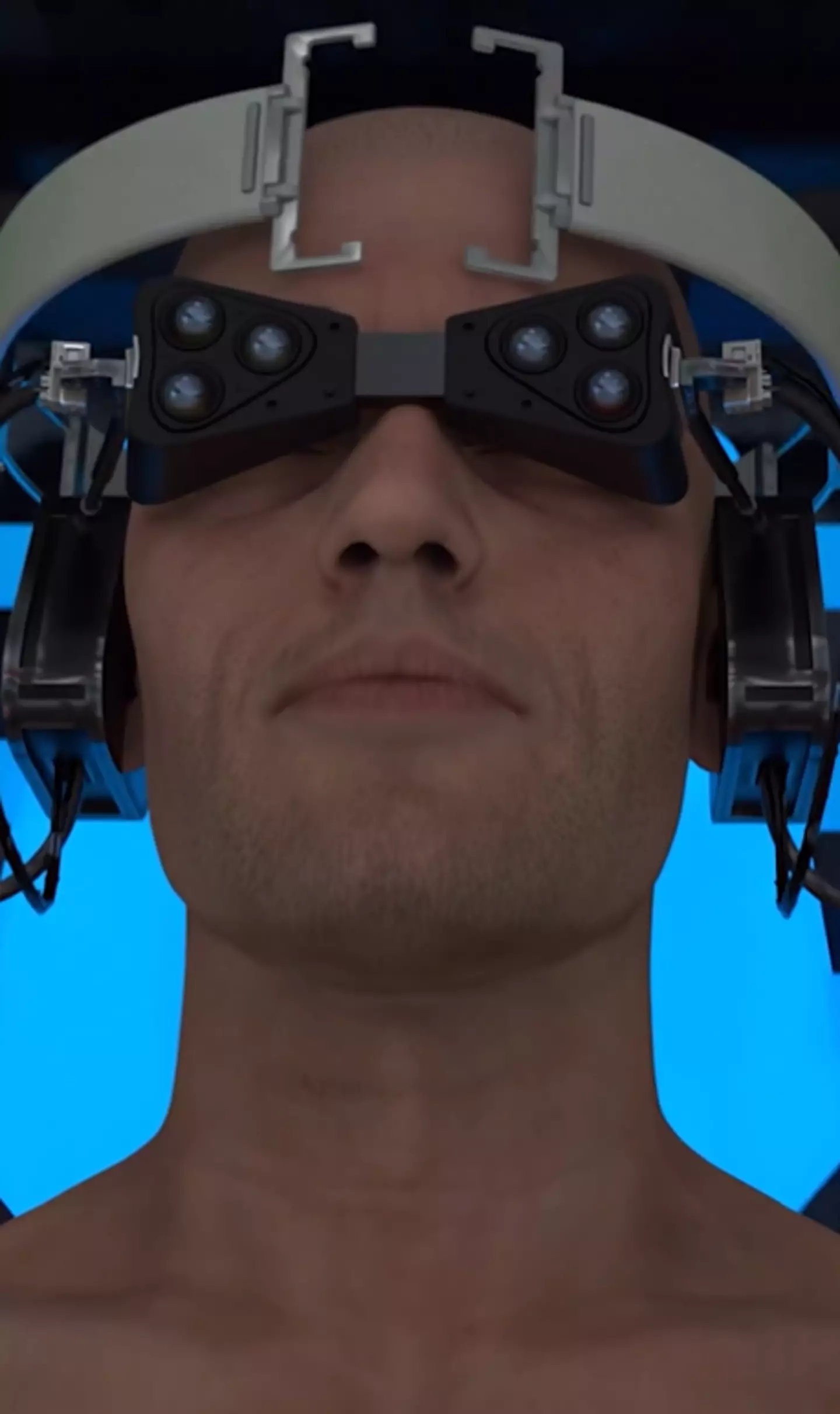
Would you agree to have false, traumatic memories implanted into your brain if it meant avoiding a decade-long prison sentence?
Criminals of the future could be given this very choice.
Molecular biologist Hashem Al-Ghaili shared a video on Instagram this week teasing a ‘prison of the future’, which he told Wired could be 'ready in less than a decade'... if tech boffins can 'overcome the ethical restrictions that limit testing such technology'.

Advert
Essentially, it promises to implant ‘artificial memories directly into the prisoner’s brain’, forcing them to feel the crime through the eyes of their victim.
With the hopes that this could draw out emotions such as empathy and remorse, Cognify is aiming to change how prisoners feel about crime.
The company is set on providing different memories depending on the charge, with an example of a drug-related crime dolling out false memories which ‘simulate the struggles of addiction and recovery’.
The plan is for it to eventually be offered as an alternative to a traditional prison sentence, with the attraction being the whole thing could be over within a few minutes rather than having to spend decades behind bars.
It’s pretty much like that A Clockwork Orange scene, except the prisoner’s eyes won’t be clawed open.
The science isn't quite there yet, but researchers have managed to implant false memories into mice, and transfer memories from one marine snail to another.
Advert
So it's not out of the question Cognify could become a reality one day.
Of course, there are those who have brought up the ethical and legal concerns surrounding this method.
Al-Ghaili told Dazed ‘there are concerns about consent, privacy, and the potential for unintended psychological consequences from altering memories, even if they are artificial’.
He added: "Implanting artificial memories also raises questions about the authenticity of self."

Advert
But nevertheless, Al-Ghaili said: “I fully endorse its existence.
“I don’t think it makes sense to base the outcomes of any technology on dystopian plots.
“Sure, we need to be cautious, but we also need to give technology a chance to make our lives better.
“Brainwashing using Cognify is very unlikely to happen if such technology is fully protected from falling into the wrong hands.
“If we are overly concerned about every technology we want create, we will create nothing.
Advert
“Every technology carries risks, but with strict ethical standards, legal frameworks, and oversight, we can overcome these risks.”
Okay, so it does read like a plot from Black Mirror, but it’s still an interesting invention nonetheless.
Topics: Crime, Technology, Science
